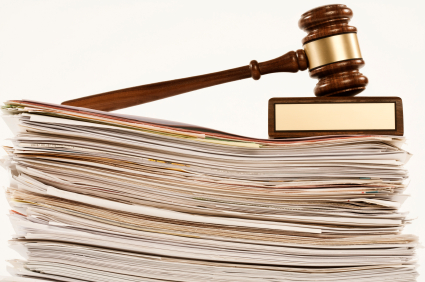
Judge Rakoff rejects Citigroup deal and questions SEC’s settlement practices.
Calling the Securities and Exchange Commission’s (SEC) enforcement practice “hallowed by history, but not by reason,” a federal judge rejected a $285 million settlement that Citigroup had reached last month with the SEC over allegedly misleading marketing practices over a securities transaction. While Citigroup agreed to pay the nine-figure sum, the firm neither admitted nor denied wrongdoing.
In refusing to approve the settlement, Judge Jed S. Rakoff (S.D.N.Y) ruled that it failed the “fair, reasonable, adequate, and in the public interest” standard that SEC settlements must meet. He wrote that because the allegations were never proven, admitted, or denied, the settlement does not help the public because it has no evidentiary value or collateral estoppel effect in any parallel shareholder litigation. Further, he noted the settlement agreement did not benefit a public that demands to know the truth behind Citigroup’s complex financial dealings.
Moreover, Judge Rakoff ruled that the court will not simply be “used as a tool to enforce an agreement” by the SEC. While the SEC deserves “substantial deference,” he held that the court must still independently evaluate the settlements.
In a public statement, SEC Director of Enforcement Robert Khuzami defended the settlement agreement, arguing that the SEC settlements played an important enforcement function without involving the risks and costs of a full trial. He noted that settlements with similar “non-admission” language have been approved by many federal courts, including the one in which Judge Rakoff sits.
Khuzami did not say what effect the new ruling would have on the agency’s enforcement strategy going forward. The SEC had enjoyed the S.D.N.Y’s blessing in its settlements with Goldman Sachs and JPMorgan Chase, and both contained “non-admission” language similar to the rejected Citigroup settlement. Although Judge Rakoff’s ruling will not affect those prior settlements, it may have an effect on the SEC’s future enforcement efforts.



